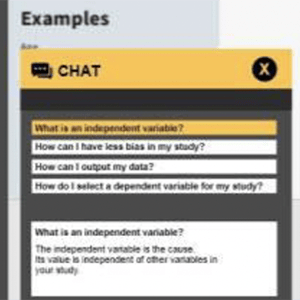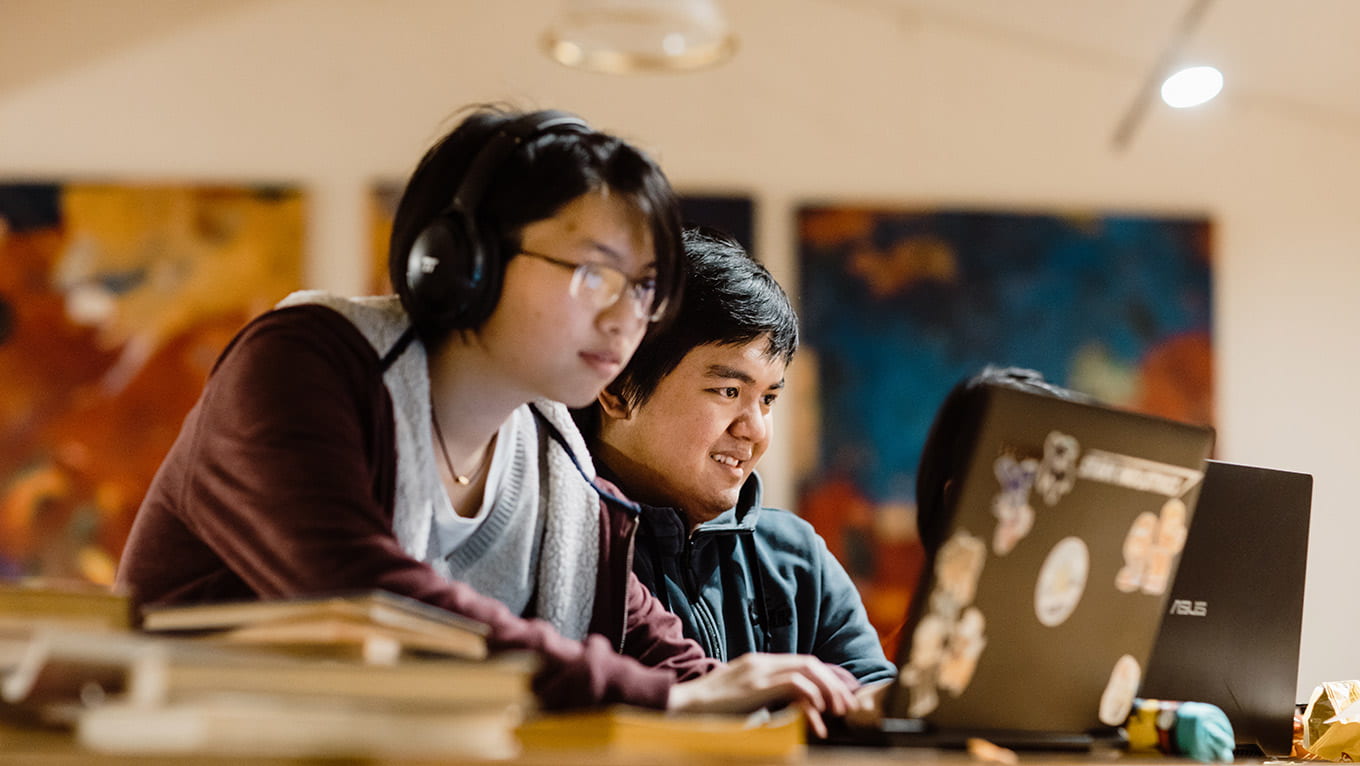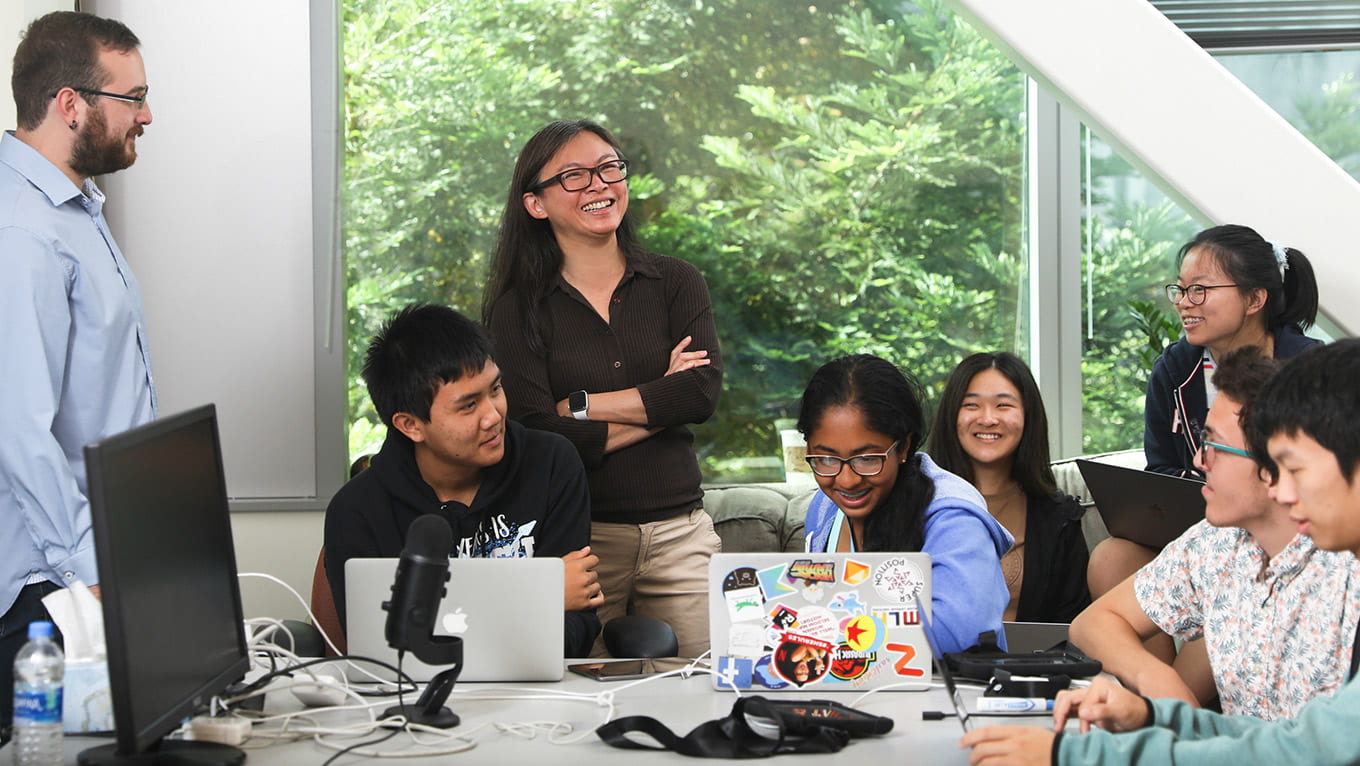A team of researchers from the UC Santa Cruz Baskin School of Engineering, Northeastern University, New York University, and the University of Houston-Clear Lake have received a $2 million grant from the National Science Foundation (NSF) to launch and test a new version of “StudyCrafter,” an interactive platform for students to create and share research projects.
The new version incorporates an AI agent called “StudyHelper” to enhance student learning and interaction. Through the addition of experiential learning tools and activities, StudyHelper teaches students important concepts on experimental design, conducting research with human subjects, and data analysis.

The aim of the multi-university collaboration is to engage more undergraduates in research and prepare them for postgraduate education and research-focused careers. StudyCrafter achieves this by providing an innovative and enriching research experience to students from all disciplines.
The UCSC arm of the team is led by Magy Seif El-Nasr, professor of computational media and vice chair of the serious games master’s program at Baskin Engineering, and Computational Media Assistant Professors Elin Carstensdottir and Eddie Melcer.

StudyCrafter enables students to create interactive experiments that are accessible to research participants who have access to an internet connection. This online-first framework allows students to collect data from people anywhere in the world, which eliminates some of the challenges associated with conducting in-person research with human subjects. In addition, the new version of StudyCrafter exposes students to the fields of computational thinking, data science, and artificial intelligence.
With the help of the NSF grant, the researchers will be able to enter the next phase of testing the new version of StudyCrafter, which incorporates the use of an AI agent to drive student learning and engagement, by integrating it into the curriculum of research methods courses at 11 universities across the country. The courses span a diverse set of fields, from engineering and computer science to psychology, sociology, and communication studies.
As StudyCrafter becomes more widely adopted by universities across the nation, the team plans to expand the platform to allow for deeper critical analysis of research data, with an emphasis on ethical and inclusive practices, and build new curriculum and interactive activities to promote student engagement.




